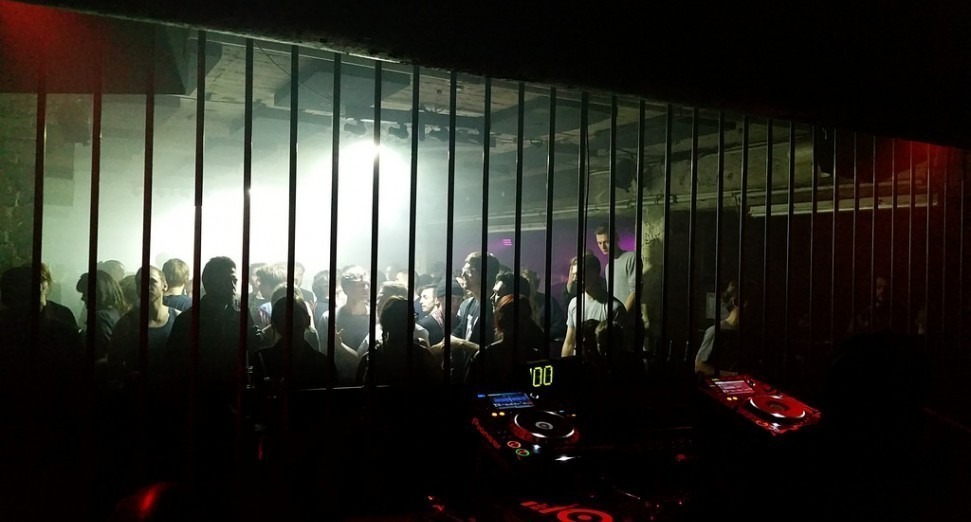
Berlin dancing ban contested by Clubcommission
News
Berlin’s dancing ban is being contested by the city’s Clubcommission, which is calling for the policy to be revoked and replaced with mandatory PCR testing for entry to venues.
The decision to stop event attendees from dancing inside clubs was made last week in response to a significant increase in COVID-19 infection rates across Germany. This followed a ruling that venues in regions recording in excess of 350 coronavirus cases per 100,000 people should close.
Although the requirement was not immediately applied to the capital due to ongoing legal proceedings, in November a separate ruling restricted venues in the Berlin to 50% capacity. Concerns relating to the new omicron variant, which has already been identified in Germany, have also led to tougher regulations.
According to Pamela Schobess, a representative of the venue Gretchen and Clubcommission chairperson, the body — which works to amplify the voice of the club scene and community — “can understand restrictions” given “the current climate”, but believes an outright ban on dancing is unnecessary given “PCR tests offer security”.
“[We] appreciate that clubs – like other cultural venues – continue to have the ability to offer, for example, a seated concert program or even readings. But that alone is not club culture, and consistent political action looks different,” she said.
The Clubcommission released a statement on social media criticising the dancing ban, appealing to government that “clear strategies are needed, not actionism” to “ensure that social life can continue during the pandemic”. The post was met with a mixed response, with some highlighting the cost of PCR tests to clubgoers could mean many would-be-attendees are outpriced.
View this post on Instagram
According to the Clubcommission, a pilot event held in August ahead of reopening nightlife in Berlin, run in partnership with the Senate Department for Culture and Europe, showed that PCR testing offered effective protection for venues to operate safely. The request for this to now become official policy, meaning dancing can continue, has been supported by guidance on implementation. This includes signposting to laboratories, and highlighting how QR code scanners and apps can help manage the system.
This week, British MPs voted in favour of moving England to new coronavirus restrictions with the hope of slowing the spread of COVID-19, and specifically the new omicron variant. As of today, Wednesday 15th December, an NHS COVID pass will be legally required to enter nightclubs in the country, proving either double vaccination or proof of a negative lateral flow or PCR test. Since the announcement, the Music Venue Trust has called for “decisive and immediate action” to support venues, with industry experts estimating around 40% of those who have tickets to forthcoming events are no longer planning to attend.





